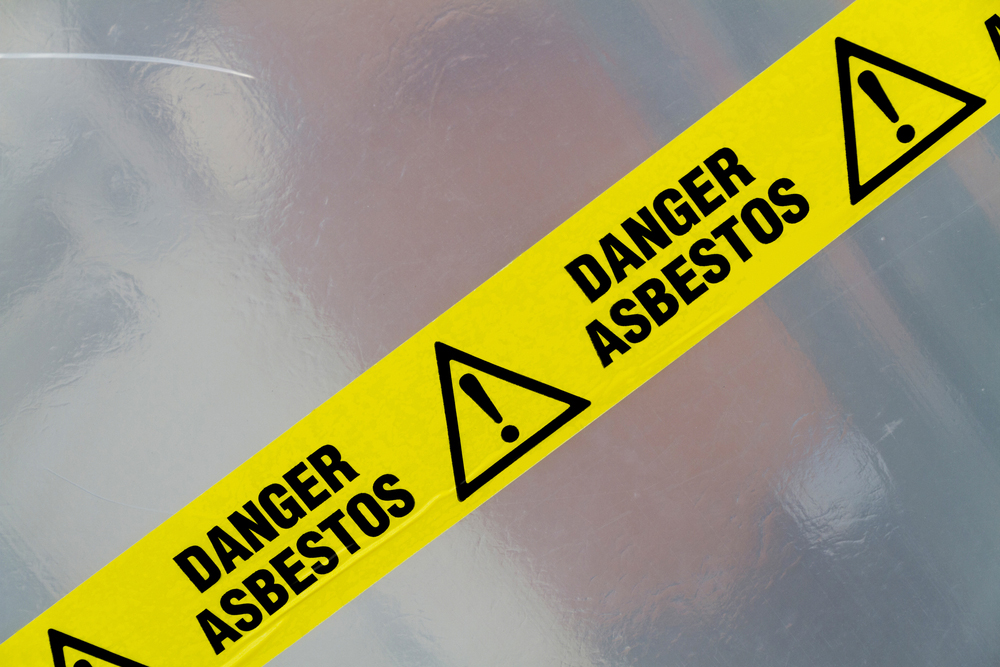Now researchers claim to have proof they can inhibit the growth of tumors caused by asbestos after sufferers participating in the trial showed signs of recovery.
The Asbestos Disease Research Institute (ADRI) revealed it found a way to manipulate the gene which controls the growth of tumors in mid-2015. It began a clinical trial, hoping the treatment could change the way medical practitioners manage asbestos-related cancers such as mesothelioma.
“We’ve been working on this for a number of years now and we always knew there was the potential here to do something with these small gene regulators, but it was all a matter of getting all the pieces in the puzzle so that we could take it forward,” scientist Glen Reid told A Current Affair.
“We started out with a very small idea and it turned out to be something that was useful in a patient in real life. I think that’s quite amazing.”
Patient says trial helped him live longer
Plumber Brad Sermon explained to A Current Affair he contracted mesothelioma after spending 33 years in the industry and doing a lot of work on fibro houses.
“I was cutting the fibro sheets with a grinder. We also just smashed the fibro, you know, from the walls, so there was a lot of dust,” Mr Sermon said.
“We did wear a mask. However, that was just because the dust was a nuisance, not because we knew that it was a health risk.”
He received treatment on a weekly basis and “responded positively” for seven months before his tumor “fought back”.
“I wouldn’t be here if it wasn’t for the trial. I’m quite sure of that,” he said.
Results a step forward for ADRI
Stories like Mr Sermon’s are a step forward, and there are others in the trial reporting similar results, but ADRI’s work is far from over.
The trial now moves into another phase where “patients will have gene regulators put into … the lining between their chest cavity and their lung”.
It needs $2 million to finish the trial and is now in the process of raising money because it hasn’t been able to get government funding.
Mesothelioma kills 600 Australians a year
According to Better Health, Mesothelioma is a rare and aggressive type of cancer that can’t be cured.
“Australia has one of the highest rates of mesothelioma in the world. This is due to the high rate of asbestos use and mining over many years,” it published.
“There is no cure for mesothelioma unless it is found early and can be removed through surgery.
“Unfortunately, symptoms of mesothelioma do not usually show up until it is in its late stages. This means mesothelioma is most often diagnosed when it has already advanced beyond the option of surgical removal.”





